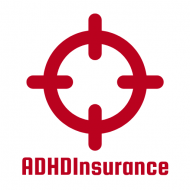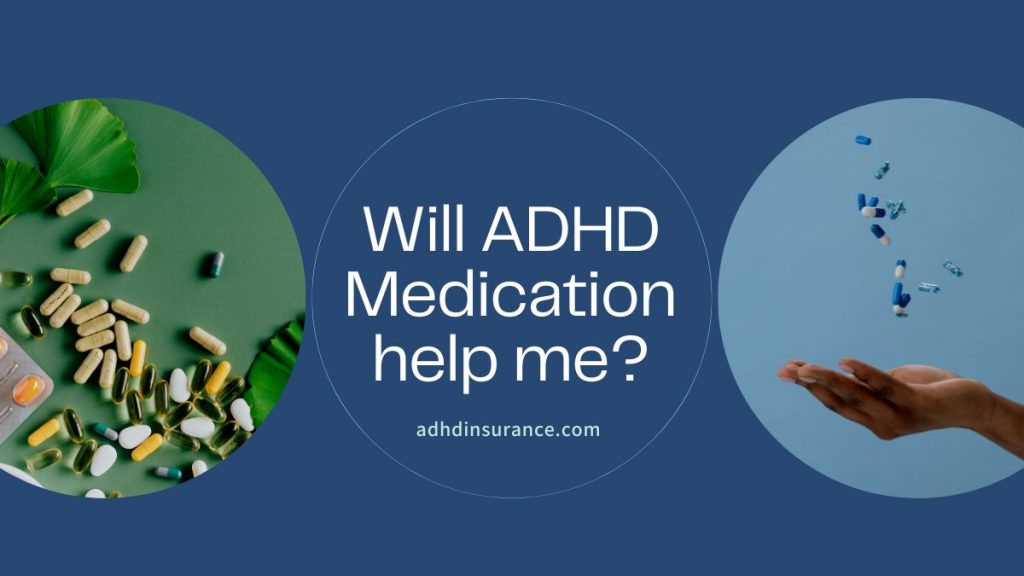Will ADHD Medication Help Me?
Attention-deficit/hyperactivity disorder (ADHD) is a neurodevelopmental disorder that affects both children and adults. It is characterized by symptoms such as inattention, hyperactivity, and impulsivity. These symptoms can make it difficult for individuals with ADHD to focus, stay organized, and complete tasks.
Medication is a common treatment option for Attention-deficit/hyperactivity disorder (ADHD), and it can be effective in reducing symptoms of inattention, hyperactivity, and impulsivity. The most commonly prescribed medications for ADHD are stimulants such as methylphenidate (Ritalin, Concerta) and amphetamines (Adderall). These medications work by increasing the levels of neurotransmitters such as dopamine and norepinephrine in the brain, which can help improve focus, attention, and impulse control.
Research has consistently shown that stimulant medications are effective in reducing symptoms of ADHD. A meta-analysis of randomized controlled trials found that stimulant medications were associated with significant improvements in attention, hyperactivity, and impulsivity in individuals with ADHD. Additionally, studies have shown that medication can improve academic and occupational performance, as well as reduce the risk of accidents and injuries.
However, it’s important to note that medication may not be effective for everyone with ADHD. Some individuals may not respond well to medication, or may experience side effects such as decreased appetite, insomnia, and headaches. Additionally, medication should be used in conjunction with other treatment options such as therapy and lifestyle changes.
It’s also important to note that there are non-stimulant medications available for ADHD treatment such as Atomoxetine (Strattera) and Guanfacine (Intuniv) which works differently from stimulants and may be considered if stimulants are not effective or if there are side effects related to stimulants.
Will ADHD medication help me Focus?
One of the key symptoms of ADHD is difficulty with focus and attention. Medication is a commonly used treatment for ADHD and it can help improve focus for individuals with this condition. Studies have consistently shown that stimulant medications are effective in reducing symptoms of ADHD and specifically in improving focus. These medications can improve academic and occupational performance, as well as reduce the risk of accidents and injuries.
Will ADHD medication help me Sleep?
ADHD can make it difficult for individuals to fall asleep and stay asleep. Medication is a commonly used treatment for ADHD, but it can also affect sleep. The most commonly prescribed medications for ADHD are stimulants such as methylphenidate (Ritalin, Concerta) and amphetamines (Adderall) which can cause insomnia or difficulty falling asleep. These medications work by increasing the levels of neurotransmitters such as dopamine and norepinephrine in the brain, which can make it hard to fall asleep or stay asleep. It’s important to note that non-stimulant medications such as Atomoxetine (Strattera) and Guanfacine (Intuniv) may be considered if stimulants are not effective or if there are side effects related to stimulants such as insomnia. It’s important to work with a qualified healthcare professional such as a doctor or a psychiatrist to determine whether medication is appropriate for you, and to find the best treatment plan that suit your needs. Additionally, your healthcare professional can help you to manage any side effects that may affect your sleep.
It’s also important to keep in mind that medication is not a “cure” for ADHD and symptoms may return if medication is discontinued. Therefore, regular follow-ups with the healthcare professional and monitoring of symptoms is crucial to ensure the best treatment outcome.
It’s important to work with a qualified healthcare professional such as a doctor or a psychiatrist to determine whether medication is appropriate for you. They will consider your specific symptoms, personal and family medical history, and any other factors that may affect your treatment. They will also monitor your treatment progress and adjust your medication as needed.
In summary, ADHD medication can be effective in reducing symptoms and improving focus, attention, and impulse control. However, it’s important to work with a qualified healthcare professional to determine whether medication is appropriate for you and to find the best treatment plan that suit your needs. Additionally, medication should be used in conjunction with other treatment options such as therapy and lifestyle changes and regular follow-ups with the healthcare professional is crucial to ensure the best treatment outcome.
Also Check: Uncovering History When Was ADHD Recognized as a Disorder?
Dr. Jonathon Preston is a respected mental health specialist dedicated to helping individuals overcome challenges. With advanced training in psychology and decades of experience in the mental health field.

